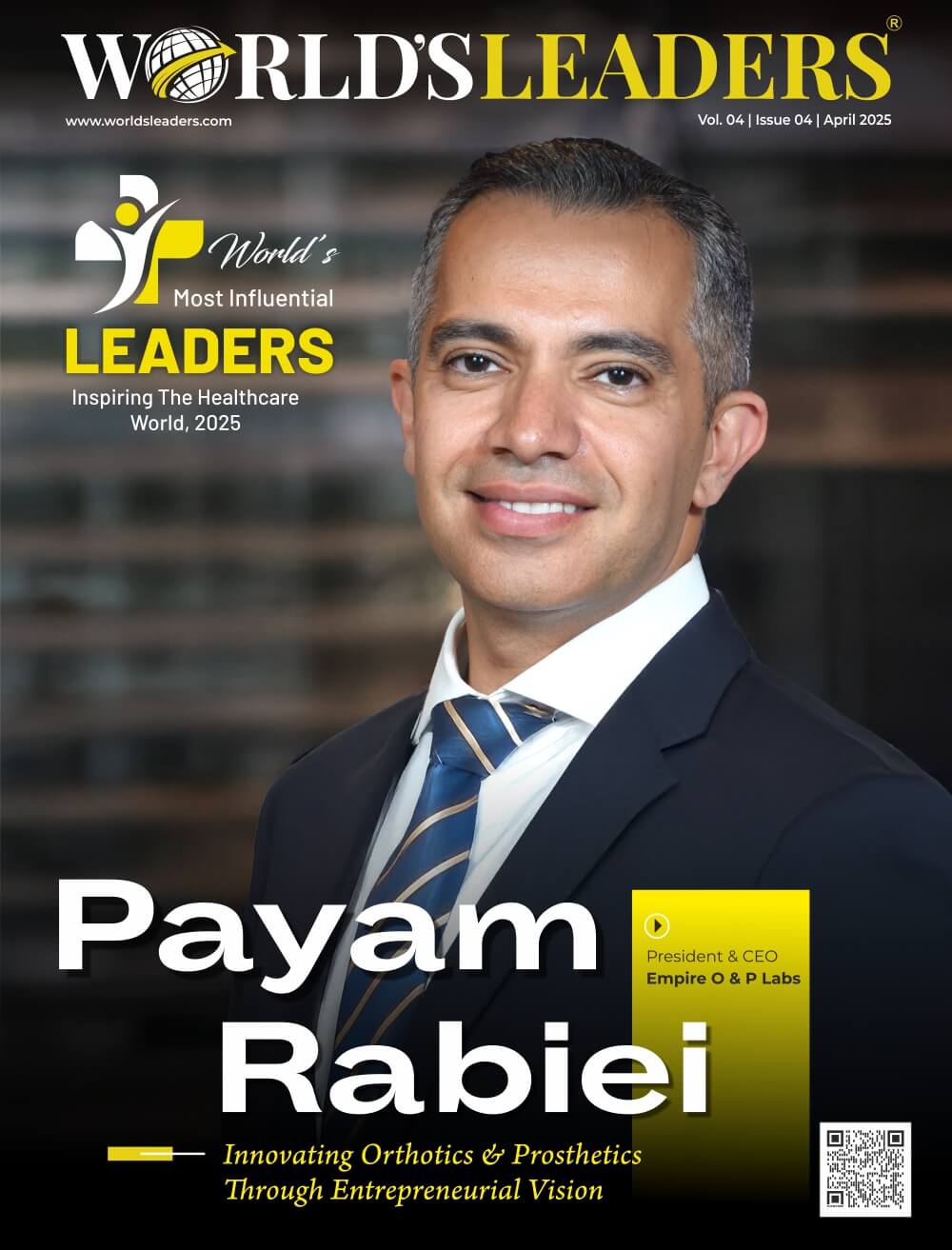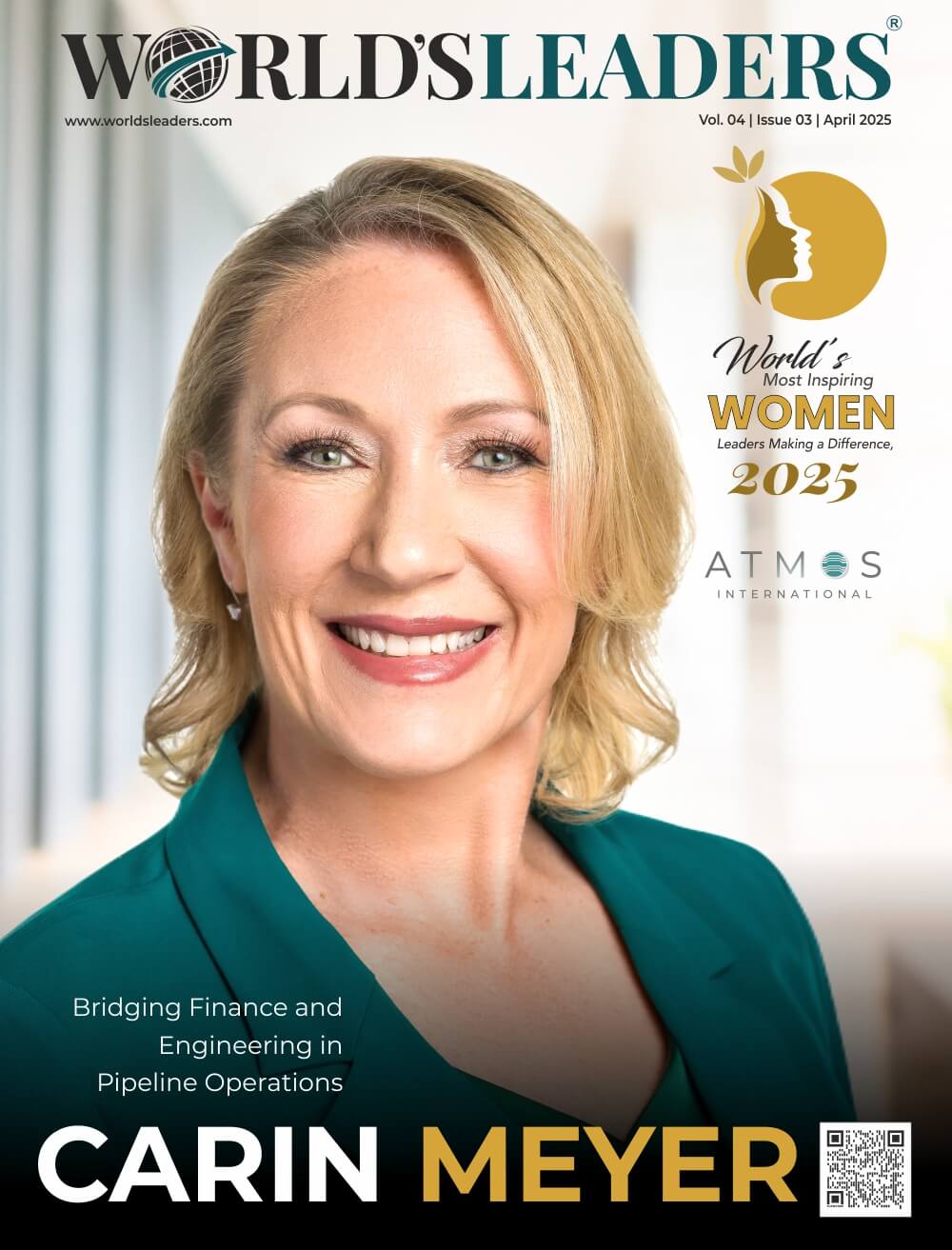With extensive experience and know-how in the Financial Services Industry, Stefan Ott, Founder and Managing Director at Confinity Solutions GmbH, is an expert in the financial sector. In 2016, he founded his own company to acquire software from IBM for Financial Markets customers and took over maintenance and support responsibilities.
Confinity Solutions is a FINTECH start-up with mature products that has been in the market for more than 8 years and has a global client base of more than 25 customers. The company’s Confinity Market Data Solution for Financial Markets is a robust market data platform providing ultra-low latency connectivity to exchanges, consolidated data feeds, and electronic markets.
Below are the highlights of the interview conducted between the World’s Leaders and Stefan Ott.
Brief our audience about your journey as a business leader? Tell us about your background and what you did before you started/joined Confinity Solutions.
While studying computer science and IT technology, I spent my entire business career in the financial markets industry.my career as a product manager at a German stock exchange, then joined Reuters and later ThomsonReuters in various local and global roles. I worked at IBM in a role as global business development mgr for the financial services industry.
How do you diversify Confinity Solutions’s cutting-edge solutions for medical billing offices, and practices?
It was a very conscious decision when I acquired the ‘low latency messaging’ software. I see it as a “crown jewel” which has a lot of potential not only in the financial markets, which was only one of 4000+ products and was kind of “dying a slow death”.
Using our software, we enable our customers to build cutting edge trading systems for stock exchanges around the world, which are unparalleled in terms of speed, latency, throughput and fairness.
As the CEO of Confinity Solutions, what are your major roles and responsibilities?
It is absolutely vital to listen to our customers’ needs and requirements when using our software. We have given Confinity LLM a future with input and direction from our customers. While Confinity Solutions is a small company, I tried to act local and be global in all geographies. My team is as important and helps me to work with customers in all geographies. I selected them with my customer base in mind (eg. language skills). Leading by example.
What are the three things you would like to improve in the organization?
Dedicate more time to the personal development of my team. More care should be taken when forming alliances with key strategic partners.Complement my skills with new talent.
What are the changes the pandemic has brought in the tech solution industry?
A significant number of our customers are ‘systemic relevant’ (eg. stock exchanges), which meant that we had to ensure that we could support them adequately (24×7). We had to adopt our operational model and processes for this situation.
Have you been exposed to competition in the industry? If yes, tell us what makes the company different from its competitors?
There are no new competitors in that space. The market of ‘messaging middleware’ has not seen a lot of change for several decades. Smaller competitors had been acquired or left the ‘niche’ market. Confinity, against the trend, was a management buyout. Other smaller middleware companies had been acquired by bigger companies.
Tell us about your vision for the company. How do you ensure a culture of integrity and innovation in the company?
I would like to establish Confinity’s brand and products in other industries such as Automotive and Telecommunications. Other than our leading edge messaging software, the diversity and different cultures of the people in my team make up the ‘real’ asset of the company.
What’s the greatest risk you’ve taken as a professional?
I have worked for large companies for all of my business life. The decision to acquire software from IBM at the age of 55 and invest a 7-digit sum was a high personal risk.
How do you balance work and life responsibilities?
Since the start of my business life, I have always ‘lived for my work’ rather than ‘worked for my living’. I like what I do and enjoy seeing the success and outcome of my work. Given that my customers are spread around the world, I use my hobby of traveling around the world to meet with my customers. I see this as still essential, even in a digital world and when selling digital products.
What advice would you give to emerging entrepreneurs and enthusiasts considering a career in the tech industry?
I encourage everyone to take (calculated) risks and ‘live their dreams’. However, try to listen to your customers as much as possible rather than build or sell something they don’t need. (I have two ears but only one mouth, hence I should listen twice as much as I speak).





